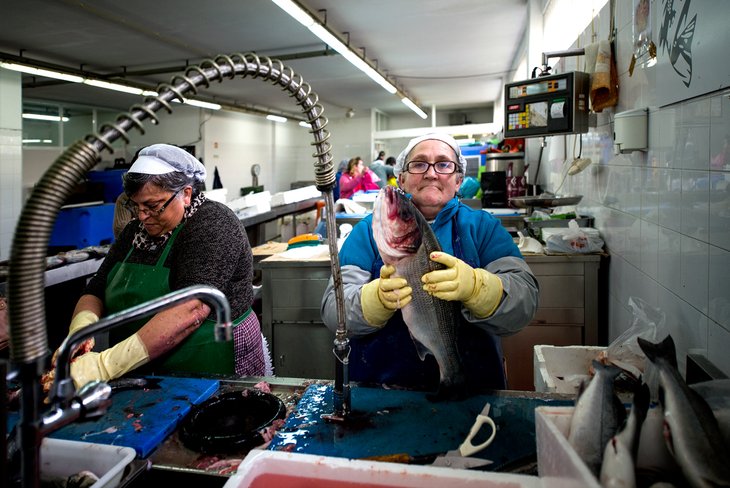ISEP develops sensor to check the quality of fish and to avoid wastefulness
Article

A work team from ISEP Polytechnic Institute - Engineering Institute of Porto is working on a technology that allows monitoring the quality of the fish.
The fundamental goal is to prevent risks to public health and minimise food waste in the fishing industry.
According to the FishBioSensing Project, to which Lusa Agency had access to, in Portugal "more than 33 thousand tons of fish per year are wasted, which accounts for around a quarter of the total fish caught".
Most of that fish "is processed into animal flour, thus losing its cash value", stated to Lusa the researchers Cristina Delerue-Matos and Maria João Ramalhosa, from the Response and Chemical Analysis Group-Chemistry and Technology Network (GRAQ-REQUIMTE) of ISEP.
In order to tackle this waste, "an electrochemical device is being developed" and this device has to be "screening, critical, cost-effective and disposable" so as to be capable of assessing both the safety and the quality of the fishery products at all steps in the food chain.
This procedure will make available information on product conservation, the direct consequence being minimising waste, "which is something that still happens although the fish is still fresh and in perfect condition".
"This project will also contribute to raising awareness and encouraging societal respect for product quality, preventing public health problems", officials from ISEP stated.
The project started in June 2017 and it is due to be concluded in 2019. The company WeDoTech, headquartered in Porto, the Polytechnic of Leiria and the International Iberian Nanotechnology Laboratory (INL), in Braga, Portugal participate in this project.